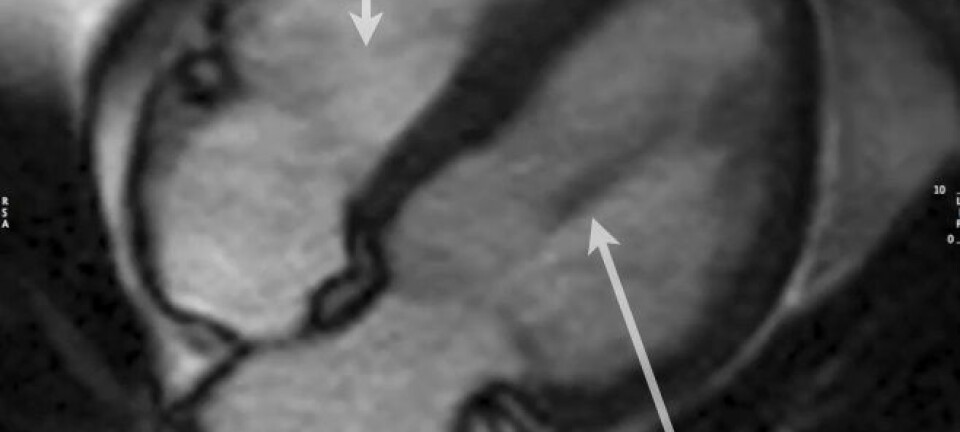
Mutant gene protects against type 2 diabetes
Scientists have identified genetic mutations that lower the risk of type 2 diabetes by 65 percent. Pharmaceutical companies are already looking for ways to develop a drug based on the new discovery.
For many people, type 2 diabetes is the result of an unhealthy lifestyle, but the disease is also triggered by genetic changes.
An international team of scientists has now identified a gene, SLC30A8, with 12 mutations, all of which reduce the risk of developing type 2 diabetes.
”What’s interesting about these programming errors in the DNA is that they reduce the risk of type 2 diabetes by around 65 percent, and they do not appear to have any adverse effects on the health of people where the mutations occur naturally,” says Professor Oluf Borbye Pedersen, who is the scientific director of the Lundbeck Foundation Centre for Applied Medical Genomics in Personalised Disease Prediction, Prevention and Care (LuCAMP) and The Novo Nordisk Foundation Center for Basic Metabolic Research, at the University of Copenhagen.
He is one of the researchers behind the new study.
Mutant gene inhibits zinc transport
Our research colleagues who have assessed our findings have been very sceptical and have asked us to carry out even more studies. But our results are solid, and we believe we have removed any doubt that may be.
Oluf Borbye Pedersen
The new discovery has been underway for four years. Scientists from across the world have been comparing DNA from patients with type 2 diabetes and healthy people with the aim of finding new ways of treating diabetes.
In a very small number of healthy people, the researchers came on the track of rare mutations in the SLC30A8 gene, which produces the protein Znt8. This is a protein whose functions include transporting zinc into the insulin-producing cells in the pancreas.
The mutant gene inhibits this transport, and it appears to protect the healthy people from developing type 2 diabetes.
This is a breakthrough, says Allan Flyvbjerg, a professor of diabetes at Aarhus University, who was not involved in the new discovery:
According to the old theory, if the zinc transporters are defective, you get type 2 diabetes. This actually makes good sense, but this study shows the exact opposite.
Allan Flyvbjerg
”There is a lot of discussion about what genetic research can be used for. But it is exciting if genetic research enables us to identify mechanisms that can be used in the treatment of a given disease. So what we have here is a breakthrough,” he says.
New study debunks old theory
The mutations in the gene are so rare that they were only found in 435 healthy people out of some 150,000 study participants from all over the world.
Although the researchers do not yet now why the mutant gene protects specifically against type 2 diabetes, the study helps debunk an earlier theory about the Znt8 protein.
”According to the old theory, if the zinc transporters are defective, you get type 2 diabetes. This actually makes good sense, but this study shows the exact opposite,” says Flyvbjerg.
It is because of this old theory that other researchers have been sceptical about the new study, says Pedersen:
”Our research colleagues who have assessed our findings have been very sceptical and have asked us to carry out even more studies. But our results are solid, and we believe we have removed any doubt that may be.”
Pharma giants join in
The pharmaceutical companies Pfizer and Amgen have already arrived on the scene to try to develop a treatment based on the new findings.
The idea is that the medicine should prevent the onset of type 2 diabetes by acting on the zinc transporters in the same way that the mutant gene does.
However, it might take many years before any such medicine will be available to the public, reckons Pedersen:
“The diabetes treatments available today are good but they can get better, and the new discovery is a good example that it is possible to use molecular genetics to develop medicine. However, we may well have to wait 10-20 years before we see a drug approved for this purpose.”
-------------------
Read the Danish version of this article at videnskab.dk
Translated by: Dann Vinther










